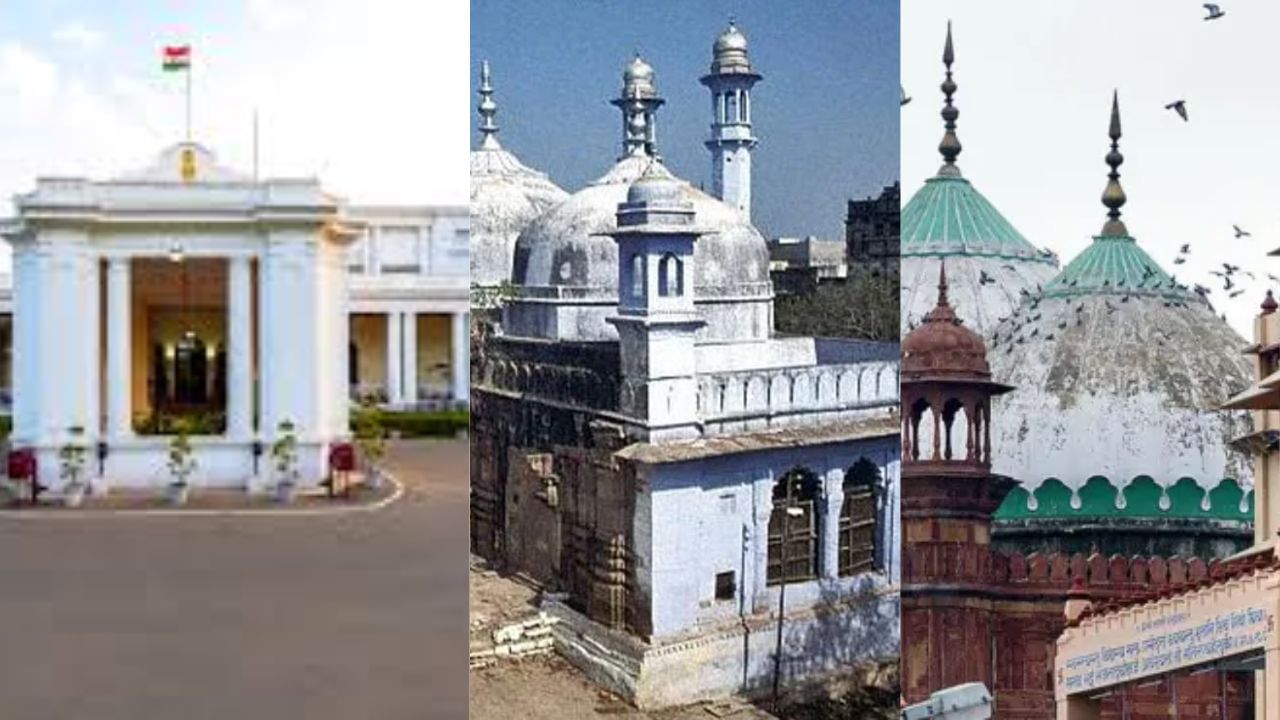The Waqf bill has passed in the country and after the President’s signature, this law has also been made. But do you know how many cemeteries in the country are on the lands of Waqf? If not, then we are going to give you complete information. In 2009, the UPA government digitized Waqf properties due to the controversies that are constantly coming out about Waqf’s properties. Under this, the Vamsi portal was started to prepare a complete record of Waqf’s properties. Even today, this Vamsi portal is considered an authorized source for the details of Waqf’s properties.
According to this portal, 1 lakh 50 thousand 569 immovable properties of Waqf are used for the cemetery in the country. This area is just 17 percent of the total assets of Waqf. According to the data recorded in the Vamsi portal, 1.19 lakh mosques have been built on Waqf’s property, Imambara / Ashurkhana on 17000 properties. Similarly, there are 14000 properties in the name of madrasas and 34000 properties in the name of Mazar and Dargah. Similarly, 1.13 lakh properties are being used in commercial use, so houses are built on 92 thousand properties. The rest of the properties are agricultural land.
Waqf is the third big zamindar in the country
According to government figures, the Ministry of Defense has the highest land in the country. The area of this land is about 17.95 lakh acres. At the same time, the railway is second with about 12 lakh acres of land. The Waqf Board is in third place in this category and has a total of 9.4 lakh acres of land. In this also, the Waqf Board has the highest number of lands in Uttar Pradesh. The claim is even made that in Uttar Pradesh’s capital Lucknow, the land of Waqf is built on the land of Raj Bhavan.
What is Waqf
Waqf means charity. In this sense, the property of Waqf means the property that has been donated for the development and religious works of the society. When a person has no children in Muslim society, after his death, all his property goes to the Waqf Board. Similarly, a rich person of Muslim society can donate his property for the good of the society with his own will.
